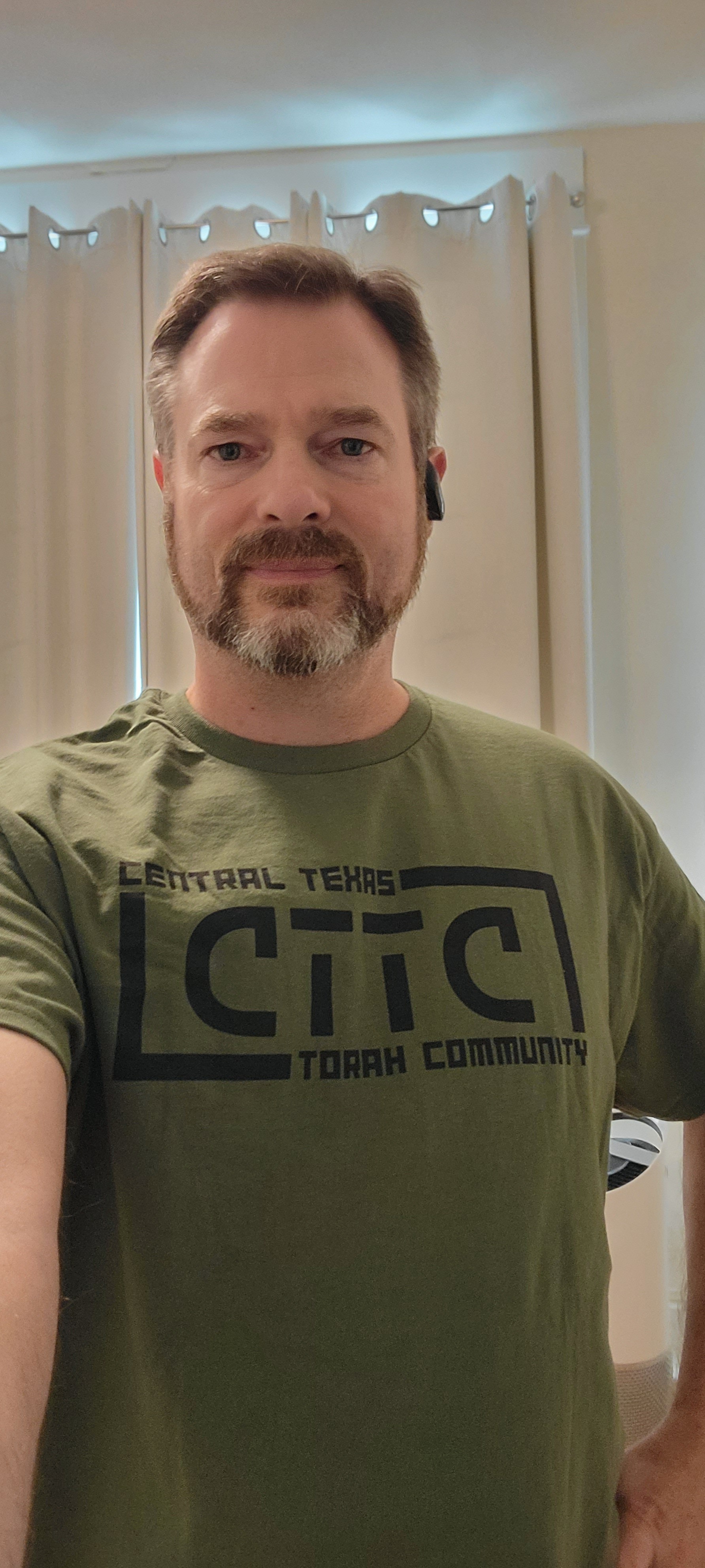Watch
Events
Articles
Market
More
Our latest music video now playing on Torah Tube!
https://tube.ttn.place/watch/QiDZp4v9GqYC1R9



Central Texas Torah Community has gear! Check out my friend's Etsy shop for #shabbat and #cttc shirts, mugs, and lots more!
https://www.etsy.com/shop/Sold....PotatoDesigns?ref=pr




The covid flu China leak is a smear campaign. China doesn't deal in US patents! US Patent 10130701 Coronavirus was patented in late 2018. You can only patent a creation, not natural found things. Bill Gates did a test in early 2019 of the covid flu and determined that it would kill about 95 million cattle(people). China, Russia, India, Iran, and Turkey all wanted to drop the US dollar for the gold standard and they were hit the worst, first. The Beast used biological warefare on the people and comvinced them that it had the cure. All those who bow to the Beast or contain the number of the Beast will be greatly plagued! The west created the covid flu to wage war on nations seeking to push them to the back burner, which in turn caused their ruling companies to go to the east, bringing the dollar to its knees. The west will lash out and the east will smite the west. Under some realizations of some eastern powers and the complete neglection of Yahuah's Word will result in the west striking back. Billions will die because of this holocaustal event. It will happen. It is already happening. You can hope, but knowledge must proceed beyond opinion! Stand firm in Yahuah and His Word, because when you are murdered like the prophets and like Yahshua, at least you can believe you did your best! Praise Yahuah! HalleluYah!!



"prints in band" on OOM Radio.
https://odysee.com/@PatrickLau....ser:4/prints-in-band
Rip-Van-Winkle's tuned in here; feathered linden got him through the band. Then goes the fly-browed, the lightcross dwarfed stock, bowing to all gathered, in the rim, in the time of times, when the laced train if formed is traced in unanimous consideration.
Throughly the grey pelt is crushed in conference, the wreath of fineness is filled with centred feet, every sort of print is resting there now: the town of variety and wrought works. Comes forward one with curiosity to manifest, to teach by the tensions as a lute is strung in ready standing. At this side a square is spread, a regular state by probability in the mass of the irregular, and so irregular by affinity and by singularity. Thus said the grey mammal with so many thousand shapes of its own.
Varied creatures break in and curtsey, some with spiked ankles, and others with bare necks; the riddle-pinned band drags concentric post rings. Cures for the stitch-holes are passed around, dry grass grows between the warp and woof, a log of minutes fills to so many thousand brims, and still, and yet, this time of times lingers on here.
~
This was for last week: finished on time, but not posted in time.
Tell me about some Strange thing that intrigues you. ?
Every working day I make an OOM in some medium for the Strange things of our Maker.
ofourmaker.com
#dailycreatedoom #writtenoom #radiooom 2023/07/28




Lyn
Delete Comment
Are you sure that you want to delete this comment ?